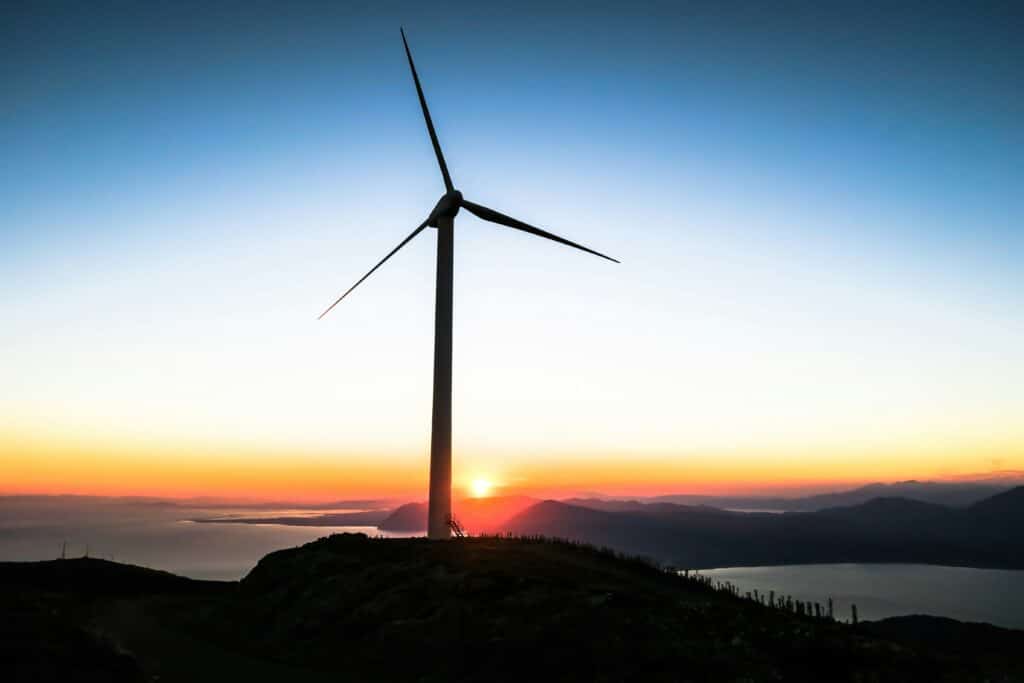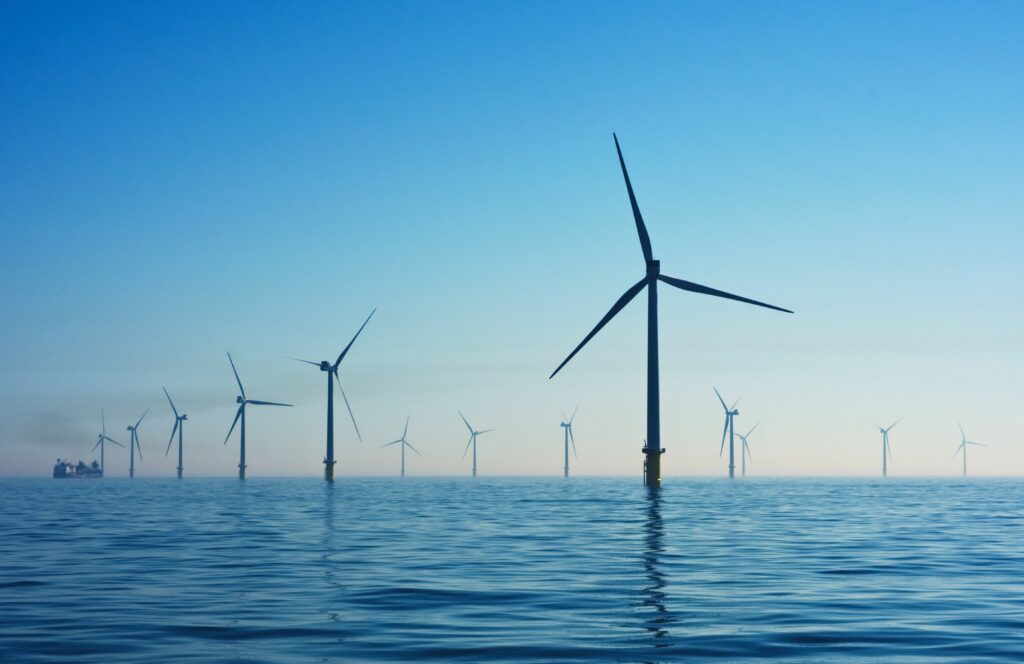Energy transition: in order to succeed, we must first believe in it
Highlights from the FSR Conversation: The role of Research and Innovation in the green recovery
On 21 October 2020, the Florence School of Regulation organised an online conversation with Hélène Chraye, Head of Unit ‘Clean Energy Transition’ at DG Research EC. The online debate animated by Christopher Jones and Andris Piebalgs focused on the role of Research and Innovation (R&I) in delivering on Europe’s recovery and speeding up the green transition.
Main takeaways:
Energy represents three-quarters of the impact on climate and the issue remains to use clean energy across sectors. In order to realise the energy transition in the EU, we need a massive rollout of renewable energy. R&I can do two things:
- Addressing breakthrough technologies and preparing them for the next decade.
- Undertaking classical research in the meantime with quick support to improve efficiency along the energy value chain.
Horizon Europe aims to influence the direction and speed of the energy transition and to give some guidance to businesses. It is inevitable to make mistakes in anticipating the future. To tackle this, R&I should not focus on one direction, it should rather focus on the objective that is mitigating climate change and best servicing the people.
To this aim, Horizon Europe relies on setting up partnerships. There are two types of partnerships: with industries and with the Member States and associated countries. One of these partnerships is on a clean energy transition. It helps the Member States to give a new boost to their approach to the energy transition. The R&I funds a third and the Member States fund two-thirds. This aims to guarantee commitments from the Member States.
The Green Deal will be at the heart of the recovery plan
The EU recovery plan is not trying to come back to the previous situation or compensate for the impact of the crisis. The innovation of this approach that it aims to orient to a new objective.
There are different strategies within the green deal that are paving the way. We need to implement them and not only by legislative work. There are various instruments and how synergies are to be set up between them.
Synergies with national and industry R&I are the way to invest in the future
EU R&I attempts to pave the way to the future of Europe, accounting for about 4% of what is spent in the EU on R&I. We have to act jointly with national and industry R&I. In addition, citizens shall increase their ownership of R&I. When the industry believe and invest in it, it will create new markets and consequently new jobs.
For example, in the battery sector, EU manufacturers requested funding to become competitive with Chinese industries. Yet the challenge is to be competitive for the next technology. It was found that competitiveness is less on labour costs and more on the side of the materials and to which extent we are dependent on them. Europe does not have a lot of raw materials mines. These rare resources should be replaced by recyclable, substitutable, and less rare resources. The alternative is indeed to look at critical steps of the value chain and follow a circularity by design approach. Otherwise, we will face a challenge in the next decade if the innovation is based on rare materials.
The overall record on the value chain of hydrogen must be positive for the climate, not only for the green hydrogen itself
R&I is not going in a tunnel, it selects a priority but it should not be exclusive. In the strategy of hydrogen, there is a three-phase approach for 2020-2024, 2024-2030, and 2030-2050. Setting aside nuclear electricity, we recognize that there is no possibility that we have 100% clean hydrogen. In order to get green hydrogen we can:
- Continue with blue hydrogen in order to develop the hydrogen economy and create an industry for it that will develop the necessary equipment
- Switch to 100% green hydrogen and import it from countries that will be produced at reasonable prices.
Yet for the second option, the cost of transport is not always matching the environmental and social costs. It could be for instance transported by fossil fuel vessels or means. It is a similar issue for electric vehicles that are using non-renewable electricity. We should increase the competitiveness of green hydrogen and we have to live with blue hydrogen for the time being, as there is not enough green hydrogen. They are not self-exclusive.
Assessing Innovation: we have to internalize negative externalities, starting from the decision-making level
Innovation should go hand in hand with impact assessments, which should be revised as the situation changes. Additionally, negative impacts should not prevent us from investigating new technologies; instead, the focus should be placed on investigating how to develop them further. For instance, bioenergy could have negative impacts, but we should be able to mitigate these impacts since the beginning of the use of such energy. The integration of external costs, e.g., social and environmental costs, should be made in the decision making at the EU level. This is having external costs by design.
R&I is to be built around citizens needs
If policies are designed to restrict the offer without much improvement for citizens, then the question of whether the policy is right or not rises. We cannot impose solutions on people. R&I has the capacity to propose social and technological solutions that are adapted for people.






